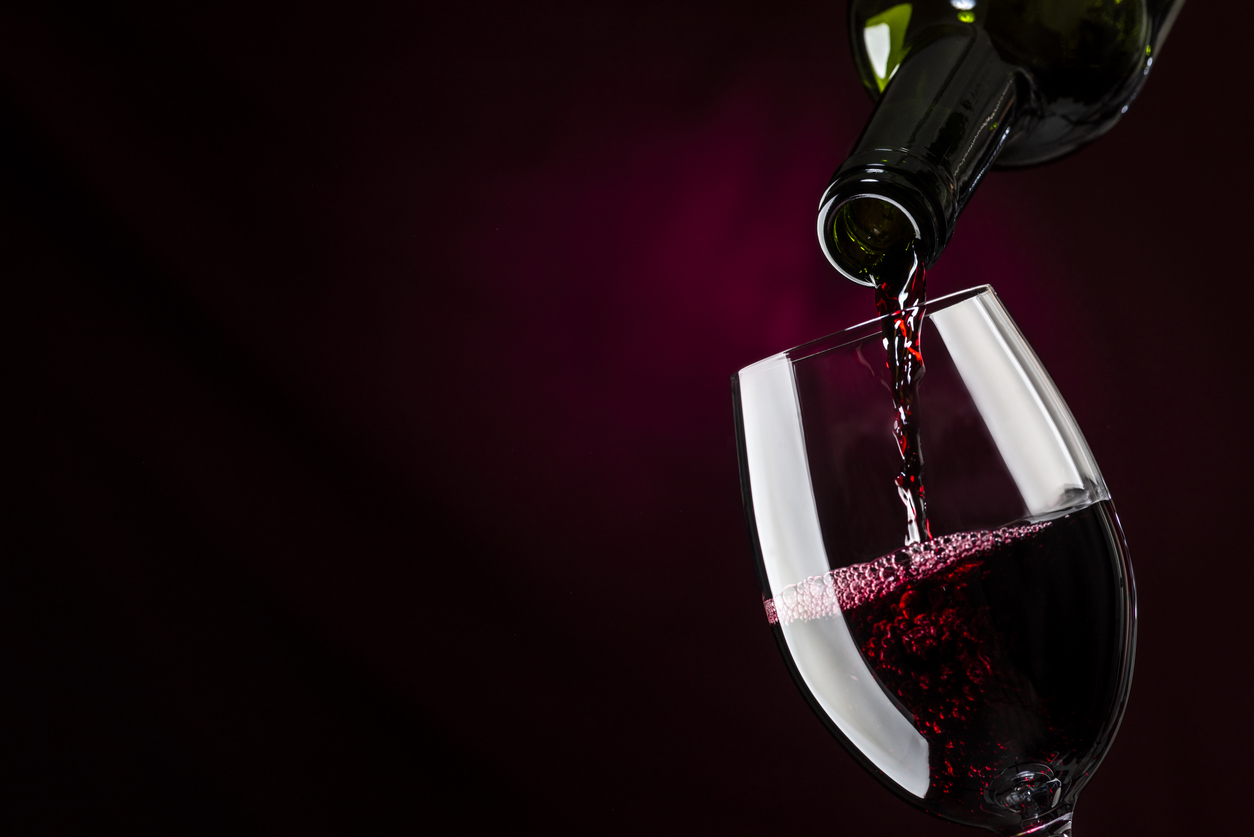Now that you are the proud owner of a private vineyard and have become a winemaker of talent, the next natural step is for you to also be an expert taster who is capable of telling a good wine from a low-quality one. Finding an excellent-tasting wine can be somewhat of a process, but there are a few simple aspects to consider when deciding if the wine is of good quality.
Let us say your wine passes the sniff test. The second step to knowing if your wine is good is balance. One overriding ingredient is enough to throw off the balance and create a wine that is unpleasant to drink. When a wine is in balance, none of the components of acidity, tannin, alcohol, or fruit stand out as the main event. In other words, if the level of acidity is high or the wine is massive, with searing levels of tannins in the mouth, then the wine is not balanced. If, however, you notice a nice freshness to it, the tannins are supple and proportioned, the fruit is plentiful but not overpowering, and the alcohol is imperceptible, then the wine strikes a good balance. Also, a well-balanced wine will normally go well with virtually any meal.
A good wine will treat your taste buds and leave a lingering flavour with each sip. Deciding whether a wine is exceptional or not, boils down to its complexity of taste. A serving of wine should act like a journey for your palate: you should be able to tell that a wine is high-end by how difficult it is to identify its exact flavours—a simple wine will not take long to figure out, whereas complex wines will challenge you to try to describe everything you taste without one component overwriting the rest.
Another way to determine if your wine is good is to consider its length or finish (also known as aftertaste). Swallow the wine and see how long the flavour lasts on your palate: the longer it lingers, the better the wine. If the flavour drops right off and goes away in a split second, the wine is probably not of a high quality. But if you can still taste appealing nuances a couple of seconds after, then you may be onto something—and when you can still taste the wine after ten or more seconds, then you may have hit the quality wine jackpot!

How Else Can You Assess The Quality Of Wine?
Your taste buds and usual senses will be your greatest allies in facing the challenge of telling whether a wine is of good quality or not.
Colour
Get used to looking at wine, and you will excel at detecting if it has gone bad. Key indicators include a change in colour and/or opaqueness. Some unfiltered wines may be less transparent to begin with, but a change in opaqueness usually indicates something went wrong. Remember that a wine browns much like an apple does when exposed to oxygen. While ‘browning’ itself is not bad (in fact, there are several great ‘tawny’-coloured wines and aged wines may have a darker hue to them) it will tell you how much oxidative stress has occurred to the wine.
Depth Of Flavour
Next you want to pay attention to—or actually taste—is the depth of flavour in the wine. Think about what you are tasting as you hold the wine in your mouth and swish it around. It will almost certainly taste of fruit, but you can probably detect other layers of flavour dancing across your tongue—perhaps a touch of nuts, or rich and creamy hints of ageing. This would suggest a wine with several layers of flavour.
If you find sour or sharper flavours that seem out of balance with the rest of the wine, or oxidized flavours—nuttiness, flabbiness—with much duller fruit, then chances are it is game over for that wine; so pour it down the sink and open another bottle.
Smell
Even before you take a sip, stick your nose in the glass and take a whiff. If it smells fruity, earthy, or floral, then it has passed the first test. If not, then it is most likely corked and therefore, no good.
So next time you want to know if a wine is good, crack open the bottle and consider the above elements and you will know immediately if it is an excellent-tasting wine that is worth drinking. Remember to trust your senses and the expertise you have gained thanks to your vintages and The Wine & Country Club.
Cheers!




